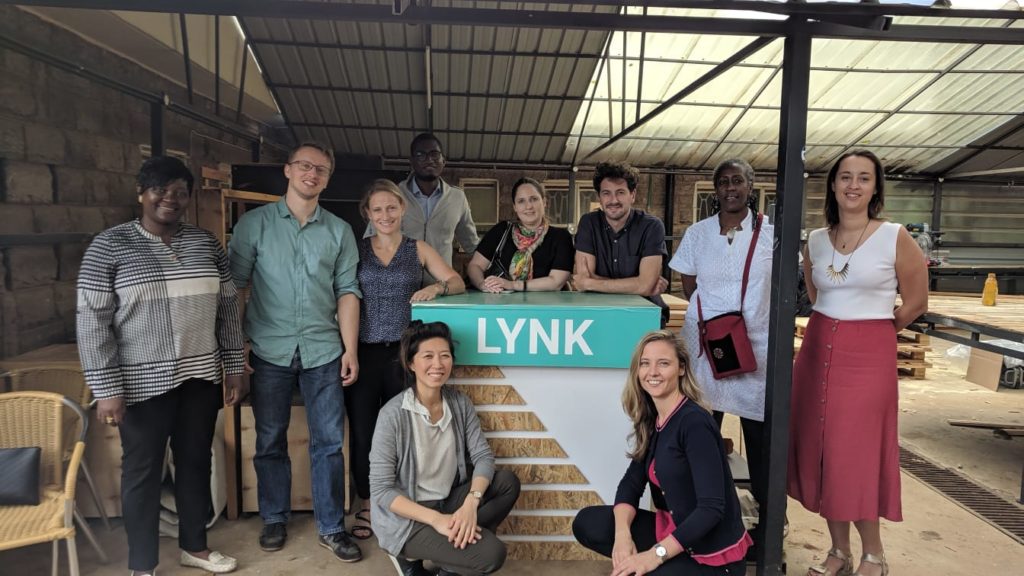E-commerce and online labor platforms could be good business partners for African financial services providers. This is especially true for banks whose scale makes them prime partners for digital platforms. Similarly, banks and other financial institutions stand to benefit from the large numbers of consumers and producers on platforms’ growing networks.
Our interviews with platforms and the evolution of their business models in terms of financial services, suggested that many platforms are enthusiastic about the potential to partner with banks and other financial services providers. For instance, Lynk, a local African services provider eager to partner and confident about what it brings to the table, has said, “as a platform we can bring 10k people and so we should be interesting for financial services providers and should be in a good position to get a good deal for our Pros (i.e., workers or artisans on Lynk’s platform).” The e-commerce procurement platform Sokowatch shares Lynk’s enthusiasm: “we would offer tremendous value to financial services providers through our network. No one else has this direct connection to such a large number of stores in East Africa.”

But in addition to serving as a channel, platforms can facilitate “know-your-customer” (KYC) information gathering. As they grow, platforms standardize and validate the very same KYC details that banks and financial services providers need to onboard new clients—verifying who workers/merchants say they are, accessing records about commercial activities, and checking the quality and character of workmanship (on-time, etc.). Flipkart, an e-commerce platform in India owned by Walmart, is already trialing this and recently announced that they are piloting video KYC in order to instantly grant credit, via their partners, to customers.
In Africa, however, digital platforms currently lack suitable partners or products in the market. Their primary challenge has been poor product-market fit between financial institutions’ existing product suites and what platforms (and their audiences) need. Lynk, for example, would like to find a partner with the funding and the logic for the loan product they are piloting. They have also looked into partnering with private insurers for health insurance, however, most insurers offer microinsurance-type products that would not fit the profile of their workers. Partners, like FinTechs, that are willing to work quickly and collaboratively on product design have been useful, but there are a limited number of qualified players.
To capitalize on the opportunity, banks and other financial services providers will need to think creatively about developing new products or modifying existing ones for the digital platform era. They will also have to resolve some of the technical limitations that hamper APIs and integration points. For example, Jumia would like to provide consumer loans, but is struggling to find a partner with whom they can share data in real time and quickly get a lending decision. Banks and financial services providers that can innovate quickly and deepen partnerships with platforms will have an advantage as platforms like Jumia, Upwork, Uber, and Bolt scale across the African continent.
